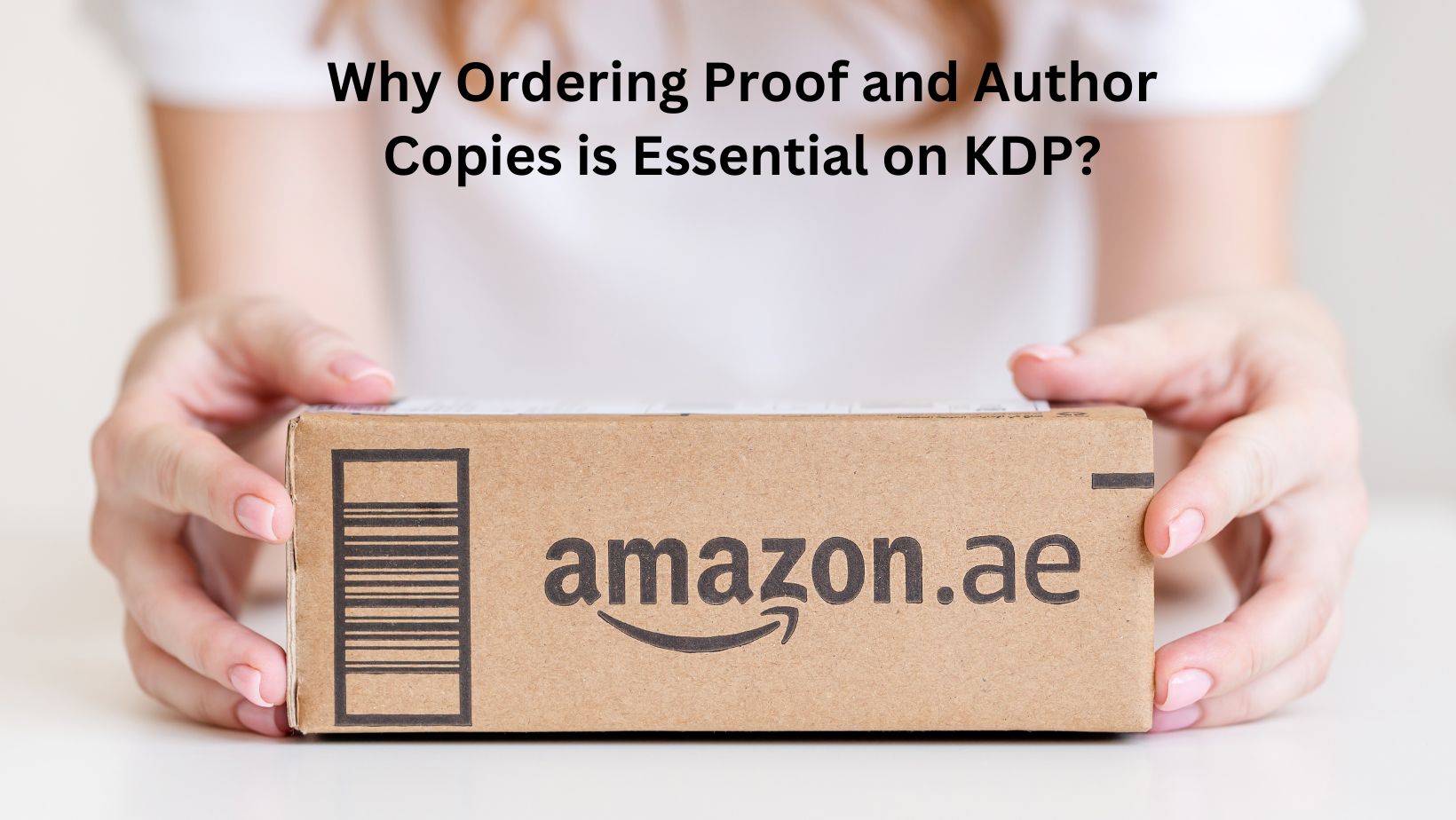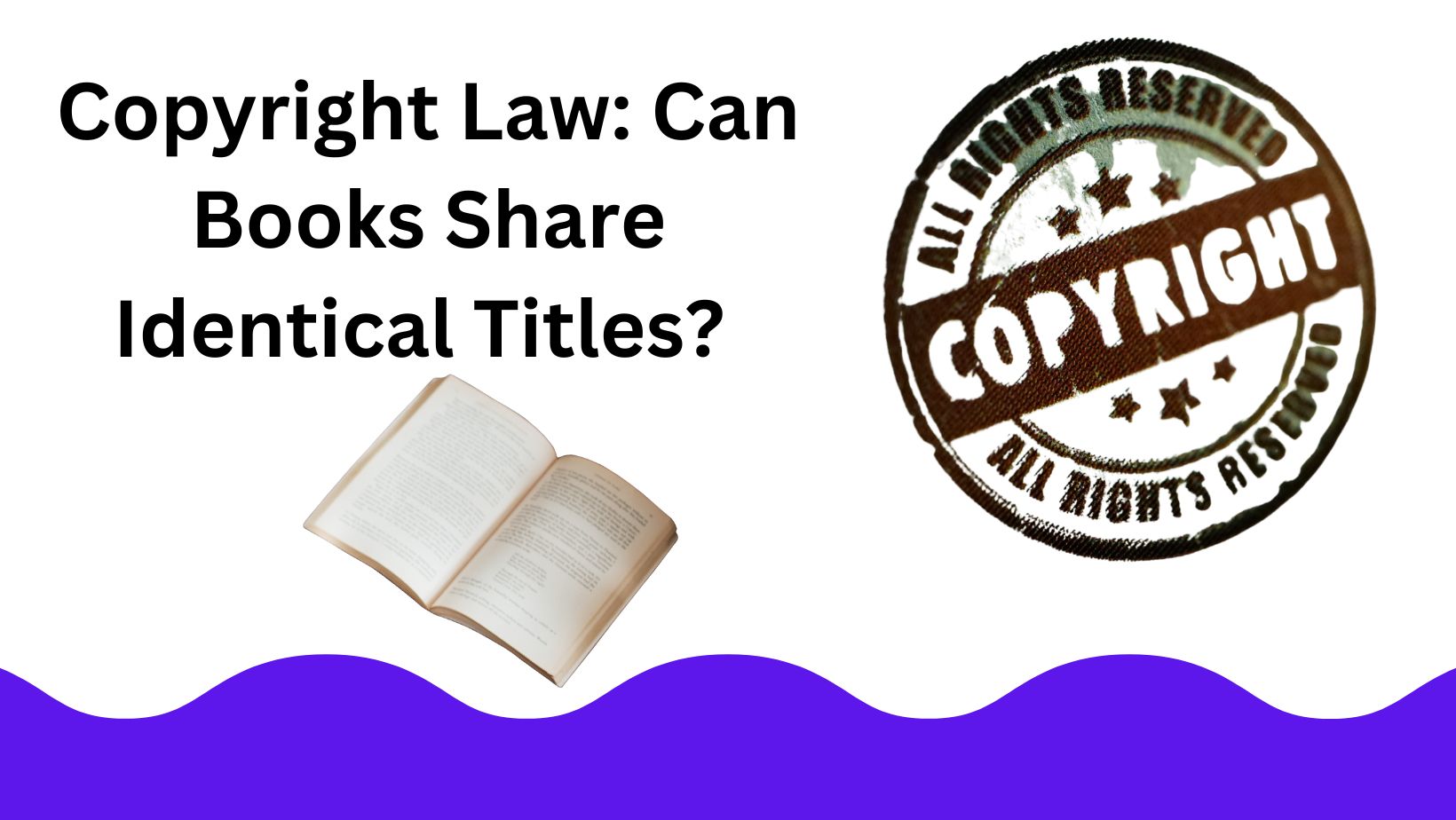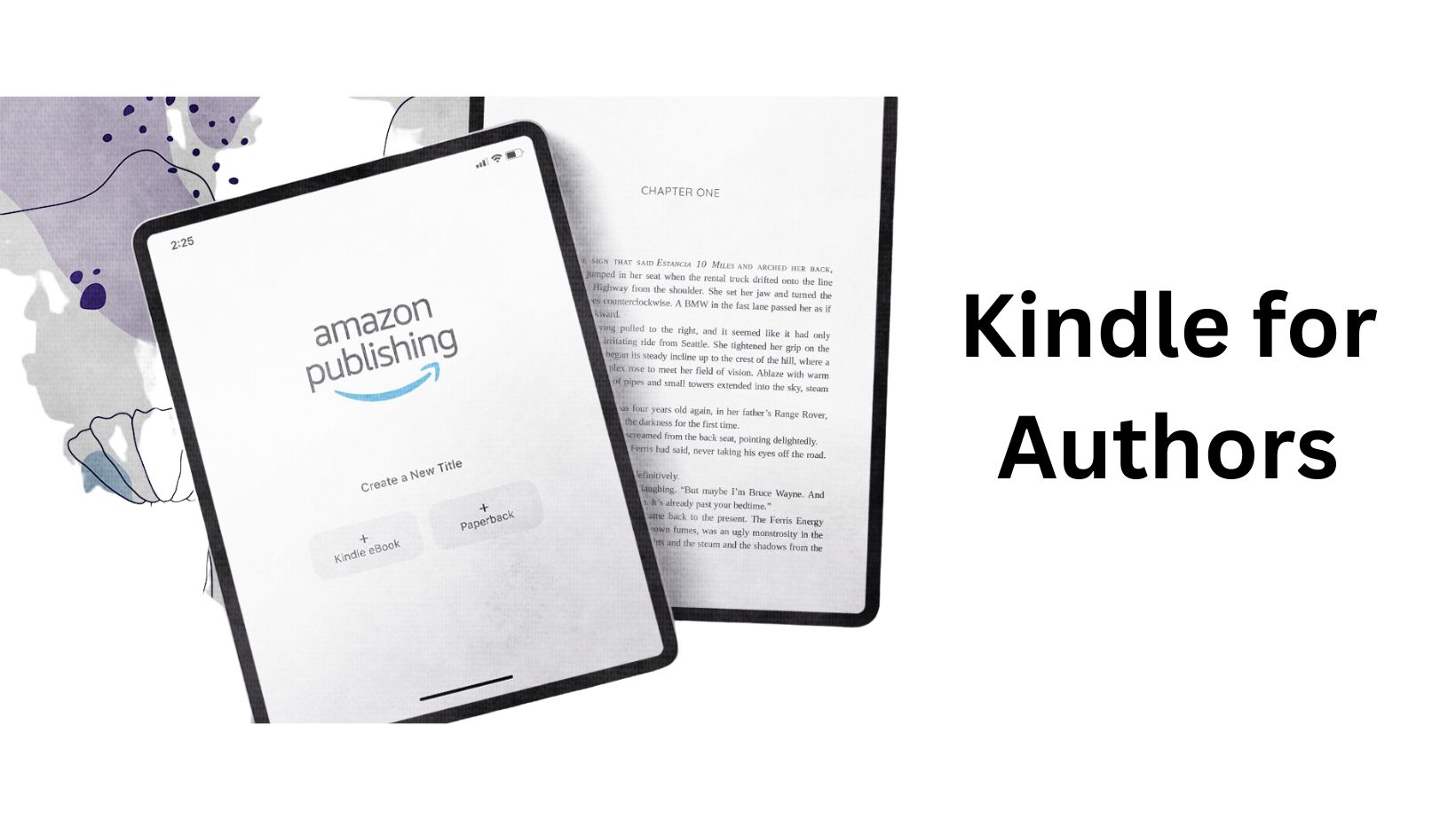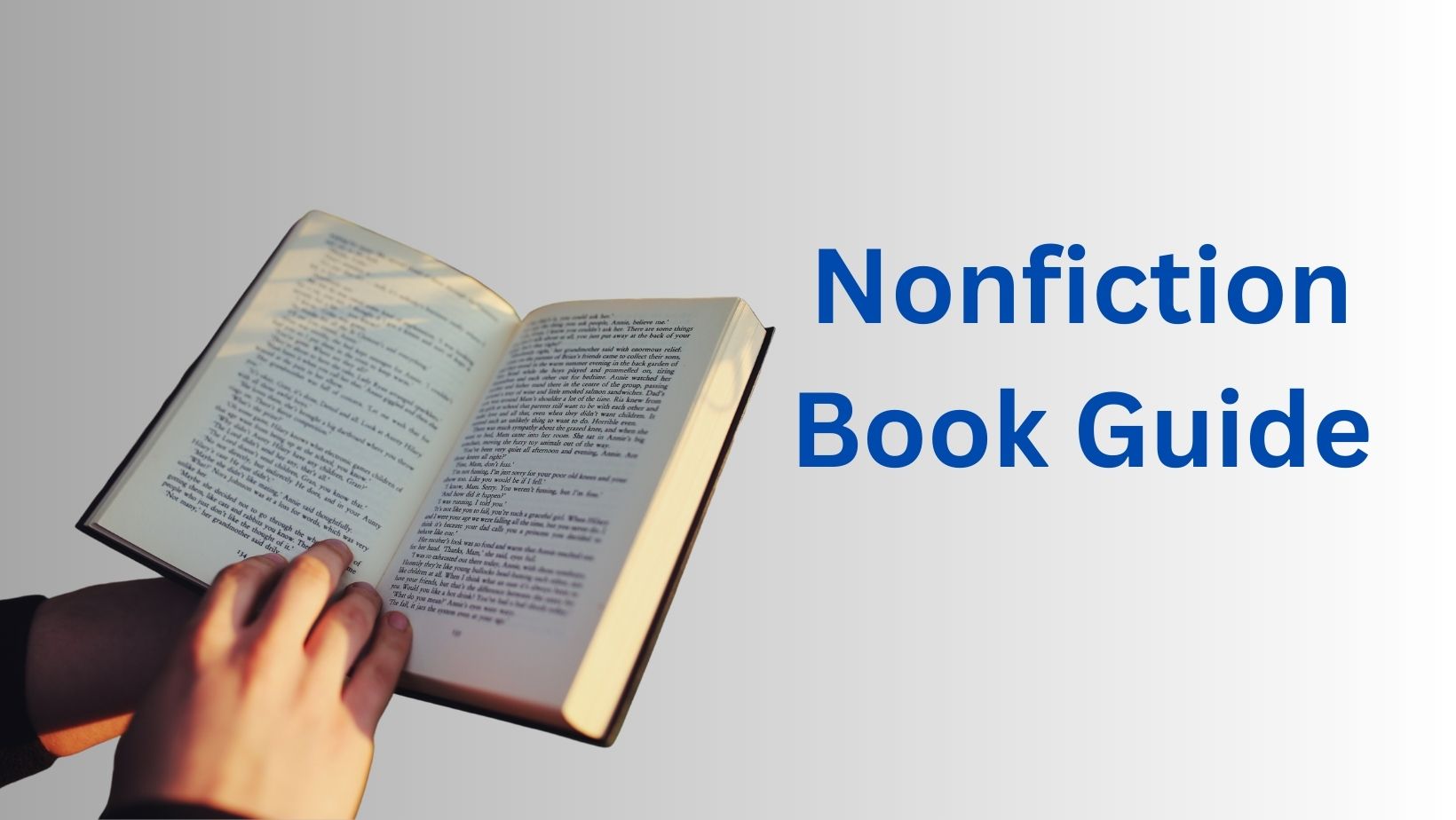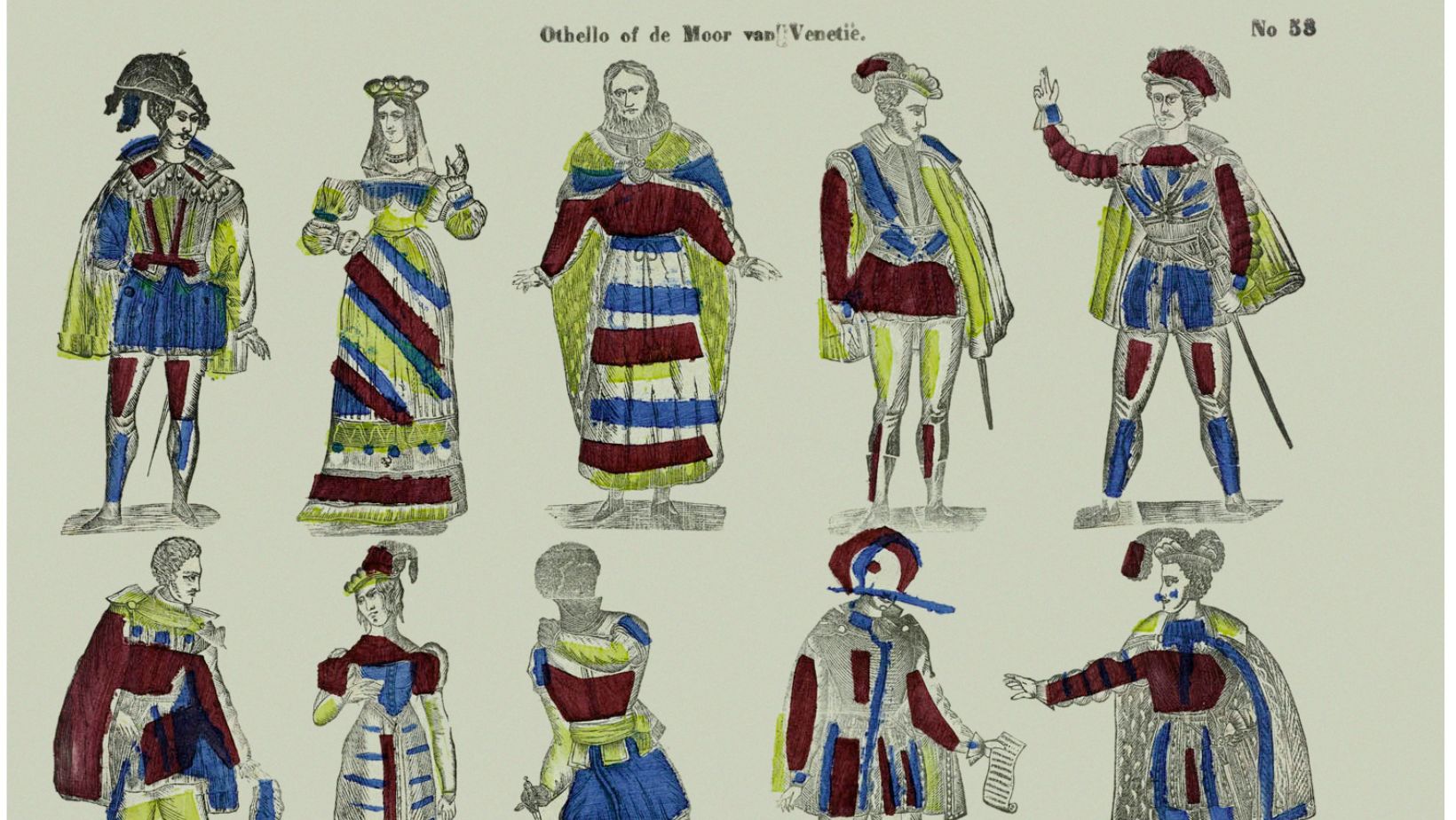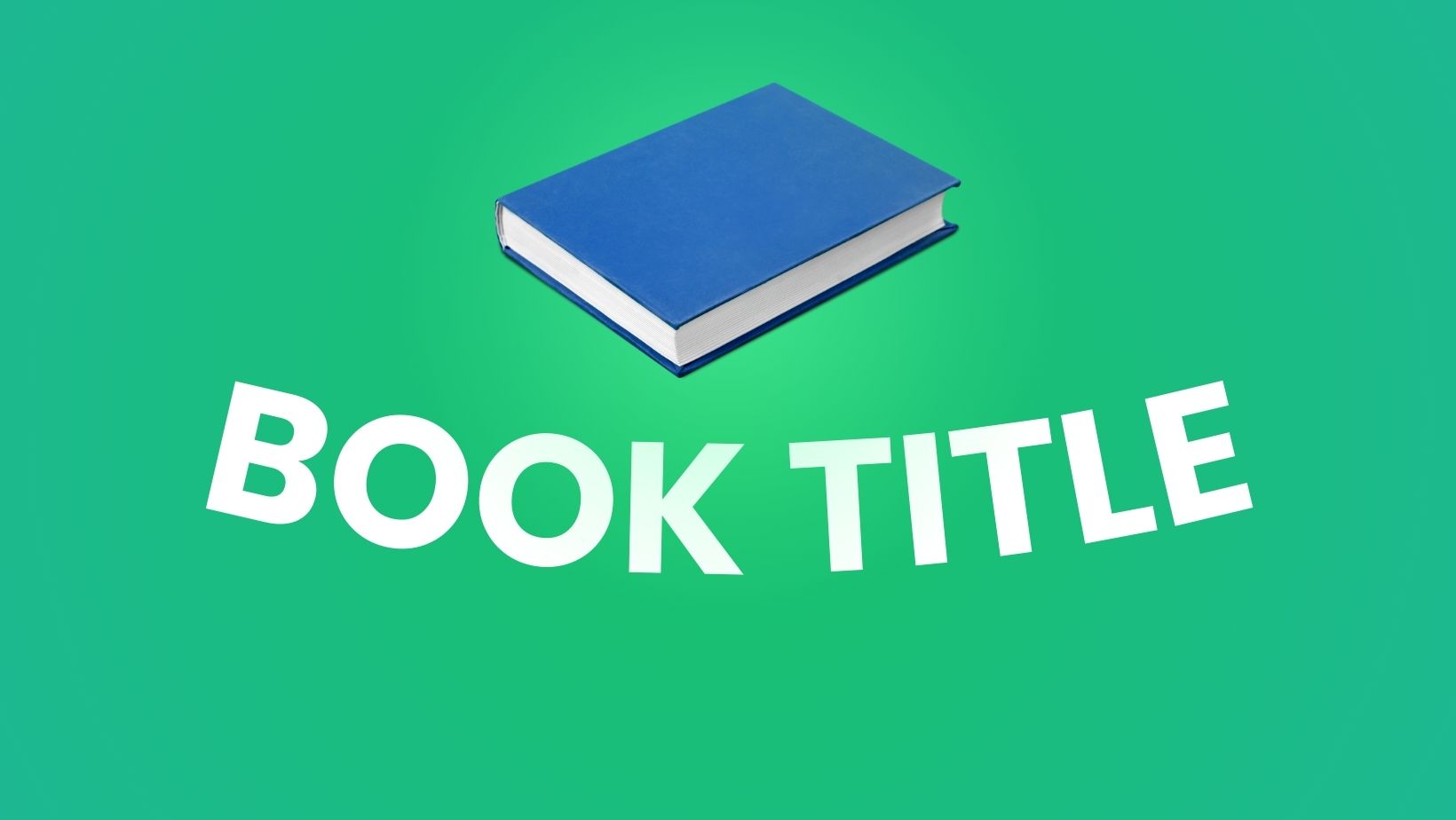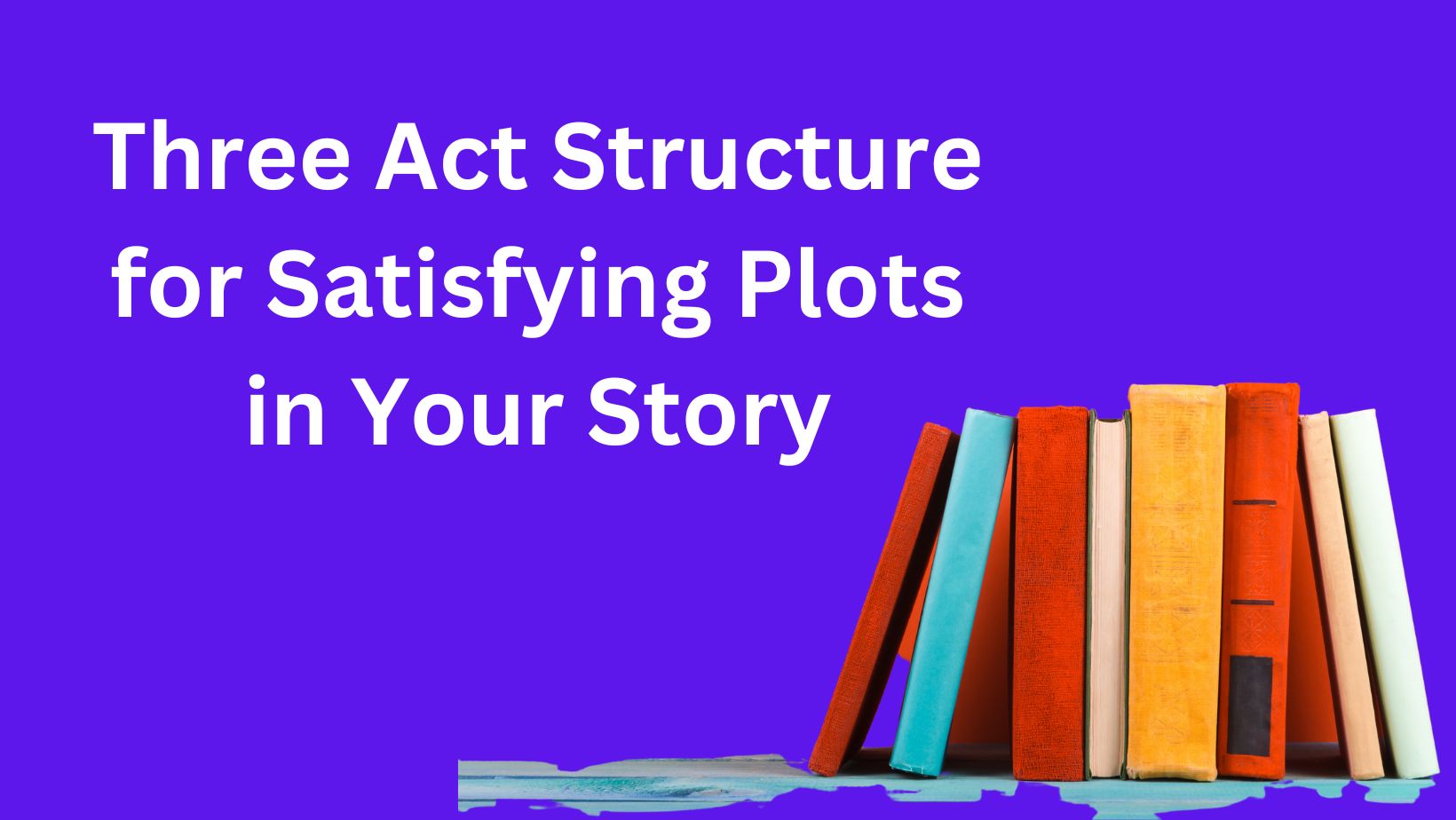Why Ordering Proof and Author Copies is Essential on KDP?
Utilizing the feature of ordering proof and author copies from Kindle Direct Publishing (KDP) plays a pivotal role in a self-published author’s success. This process is not just beneficial, but crucial. It offers you, as an author, the chance to meticulously inspect the physical quality of your book, from the cover to the binding and the print quality, before it lands in the hands of your audience. Additionally, these copies can serve as powerful promotional tools, allowing you to hand them out to potential readers, reviewers, or influencers in your genre. Therefore, the value of ordering proof and author copies on KDP is immeasurable and indispensable.

